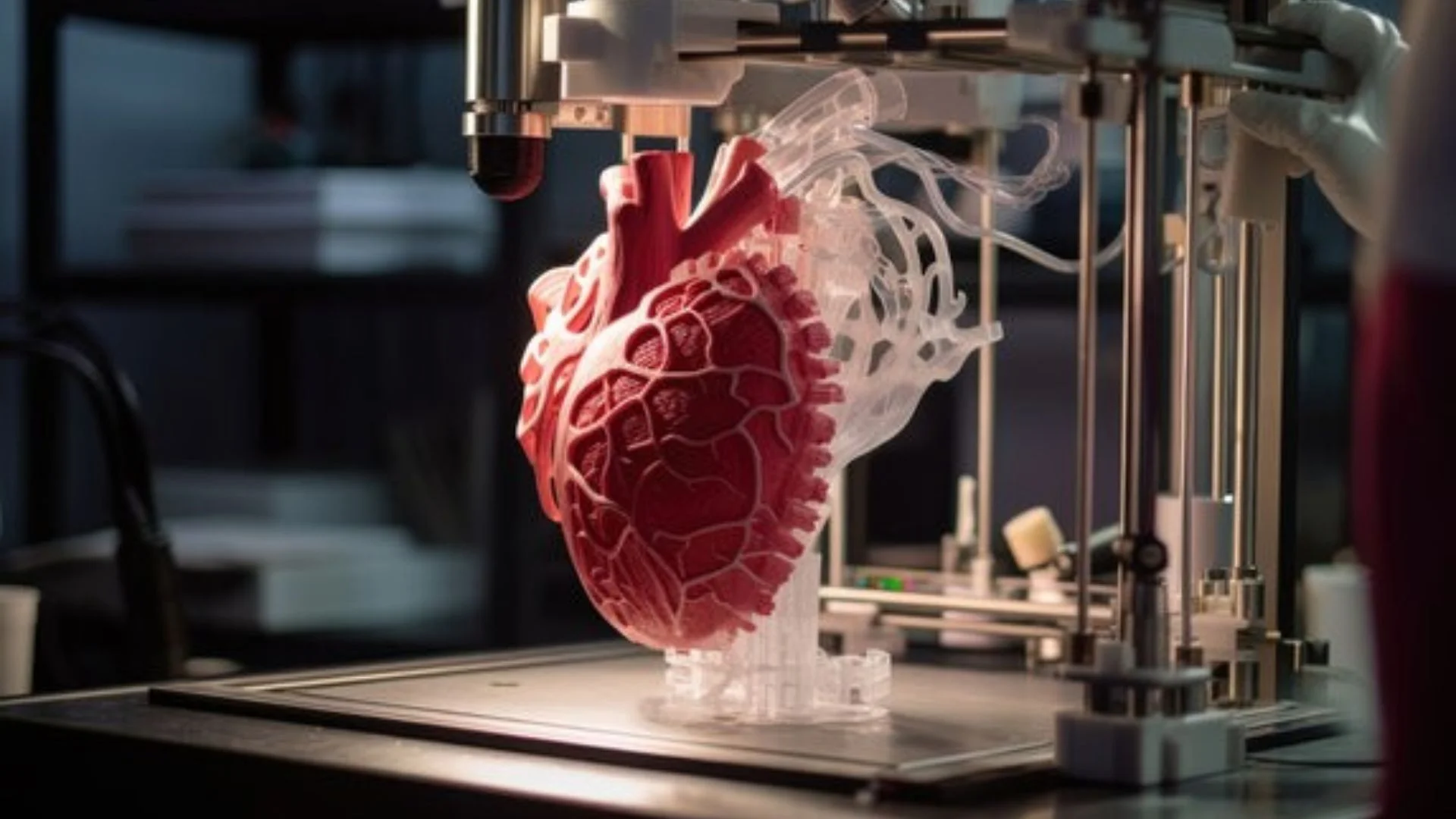WSU Researchers Develop AI Technique for 3D Printing Human Organs
Researchers at Washington State University (WSU) are making strides in the field of 3D printing by applying artificial intelligence (AI) to create human organs. This innovative approach uses Bayesian Optimization, an AI method designed to enhance both the speed and accuracy of printing complex, lifelike organ structures.
Breakthrough AI Method for Precision Printing
Published in the journal ‘Advanced Materials Technologies’, the WSU team’s research reveals how their AI-driven method could revolutionize not only organ creation but also applications in electronics and wearable technology. The AI algorithm demonstrated its ability to produce highly detailed models of kidneys and prostates, refining each version through 60 iterations.
Improving Efficiency and Reducing Costs
The new AI model addresses traditional 3D printing challenges by optimizing geometric precision, material density, and printing time. This advancement promises to save time, cut costs, and lessen labor compared to conventional methods. Engineers often face difficulties in setting up the correct parameters for complex prints, but this AI technique simplifies the process.
Broader Implications Beyond Medicine
The potential uses of this technology extend beyond the medical field. In addition to producing realistic organ models for surgical training and implant evaluations, the AI technique could impact industries such as computer science, aviation, and automotive engineering. The successful creation of a surgical rehearsal model for the prostate, with the option to adapt it for kidney models, highlights the AI’s versatility and broad application potential.
WSU researchers’ work suggests a future where 3D-printed human organs could become a reality, offering new possibilities for both medical and industrial advancements.























